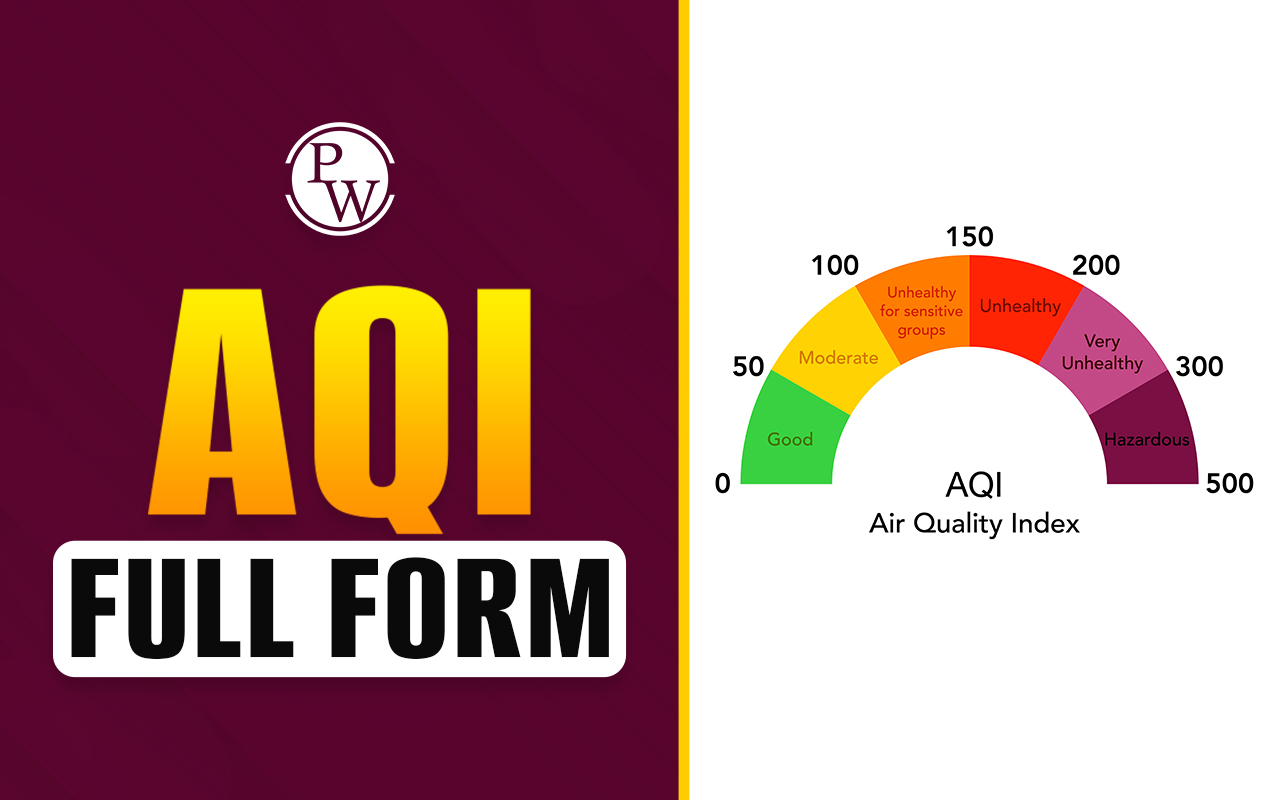
NGO Full Form: NGO or non-profit voluntary organizations work freely, and outside the government, they are private volunteers. Usually, privately organized citizens work toward a mission for social, humanitarian, environmental, or even developmental issues.
They may work for a cause, national or international, on issues without government intervention, although they may receive government funding in operating. Now, let us know more about the NGO definition, the NGO Full form in English and Hindi, and its types.
What is NGO?
NGO are voluntary, free, independent government agencies that do not seek profit. NGO operates to serve the most vulnerable sections of society while addressing issues including social, environmental, humanitarian, and developmental. NGO means any organization, not under the control of government entities, but serving public interest via different programs and initiatives.
Types of NGO
Cross-border, county, or international issues, including health and education, human rights, poverty, environment, and humanitarian crisis issues, are addressed by NGOs. Varied in orientation (purpose) and in scope (level of operation). Here is a list of major types with examples.
NGOs are categorized based on their purpose and operational scope.
By intention:
-
Charitable NGOs provide basic needs like food and healthcare.
-
Service NGOs deliver essential services such as education and healthcare.
-
Participatory NGOs involve communities directly in planning and implementing projects.
-
Empowerment NGOs focus on raising awareness and driving social change.
By scope:
-
Community-Based Organizations (CBOs) operate at the local level.
-
Citywide NGOs address urban issues.
-
National NGOs function across an entire country.
-
International NGOs (INGOs) work on global issues.
Each type plays a unique role in tackling social, environmental, and humanitarian challenges through development and advocacy at different levels
|
NGO Types and Examples |
||
|
Type of NGO |
NGO Description |
NGO Examples |
|
Charitable NGOs |
Provide direct aid like food, shelter, healthcare, and education |
Akshaya Patra Foundation, Smile Foundation |
|
Service NGOs |
Offer specific services such as education, healthcare, and training |
Pratham Education Foundation, SEWA |
|
Participatory NGOs |
Involve local community in planning and implementation |
Self-Help Groups, Cooperatives |
|
Empowerment NGOs |
Raise awareness and enable people to improve their lives |
Advocacy groups, grassroots organizations |
|
Community-Based Organizations (CBOs) |
Operate locally at community level |
Women’s organizations, neighborhood groups |
|
Citywide NGOs |
Focus on urban issues within cities |
Rotary Club, Delhi Greens |
|
National NGOs |
Operate across an entire country |
Indian Red Cross, Save the Children (India) |
|
International NGOs (INGOs) |
Work across multiple countries globally |
UNICEF, Greenpeace, Oxfam |
NGO Full Form in Hindi
NGO का फुल फॉर्म है गैर-सरकारी संगठन। यह एक ऐसा संगठन होता है जो सरकार से स्वतंत्र होकर सामाजिक, मानवतावादी, पर्यावरणीय और विकास संबंधी कार्य करता है। NGO का उद्देश्य समाज के कमजोर और जरूरतमंद वर्गों की सहायता करना होता है।
गैर-सरकारी संगठन स्वयंसेवी होते हैं और इन्हें सरकार द्वारा संचालित नहीं किया जाता, हालांकि इन्हें कुछ मामलों में सरकारी सहायता मिल सकती है। NGO समाज में सकारात्मक बदलाव लाने और विकास के लिए महत्वपूर्ण भूमिका निभाते हैं। उदाहरण के लिए, अमनिस्टी इंटरनेशनल, ग्रीनपीस, और रेड क्रॉस जैसे संगठन प्रसिद्ध NGO हैं।
NGO meaning non-governmental organization, is an independent, non-profit group working for social, environmental, or humanitarian causes. Operating at local, national, and international levels, NGOs fill gaps left by governments, offering services in education, health, poverty relief, disaster aid, and human rights. Their voluntary nature and focus on public good drive global development and awareness.
NGO Full Form FAQs
What is the NGO full form?
What does NGO mean?
What are the types of NGOs?
Can NGOs receive government funding?
What are examples of NGOs?










